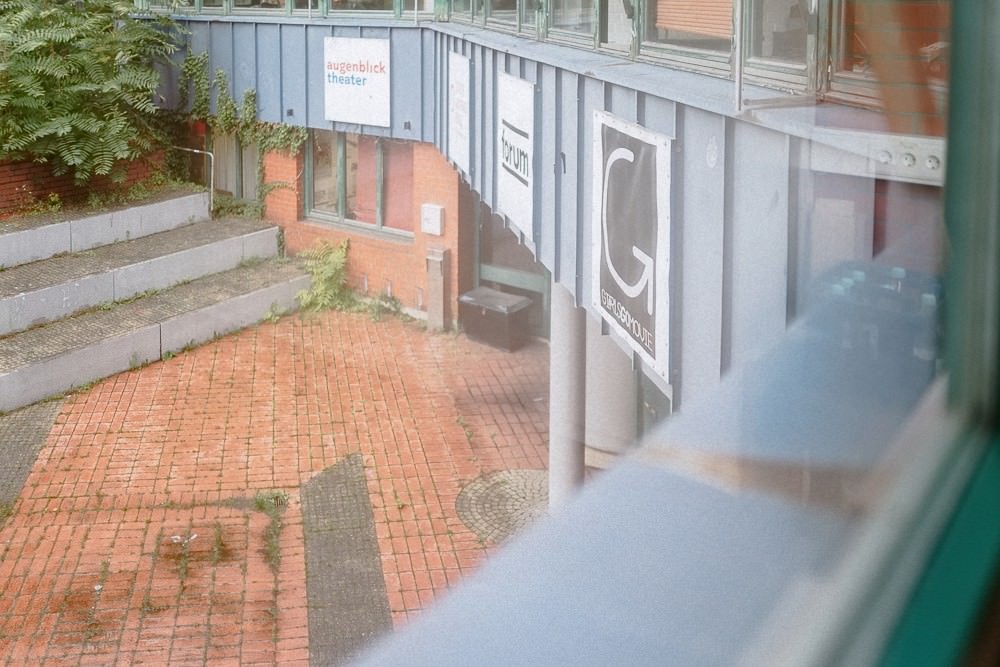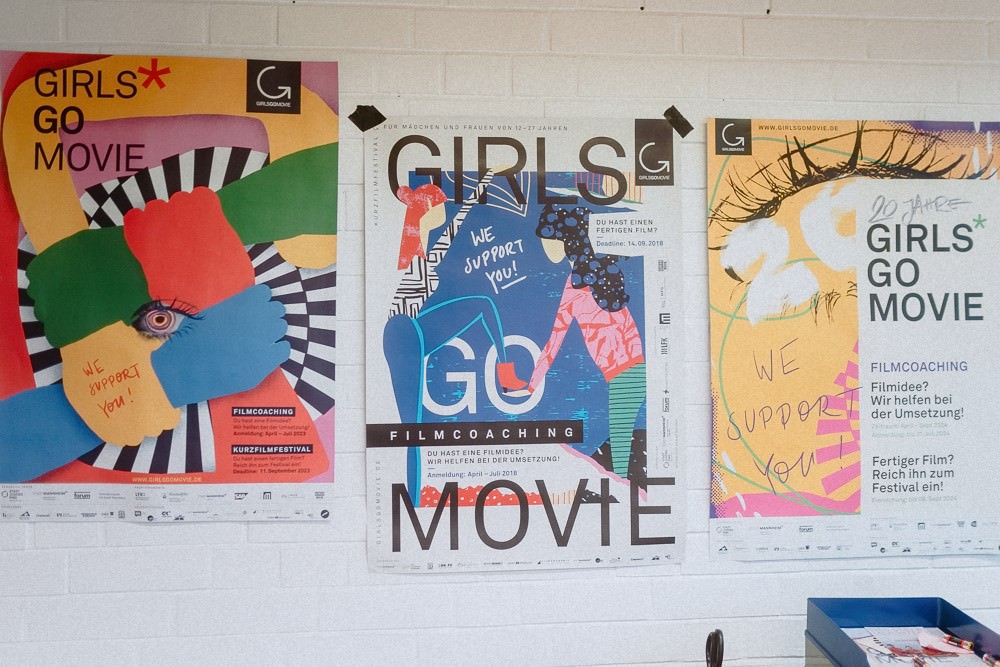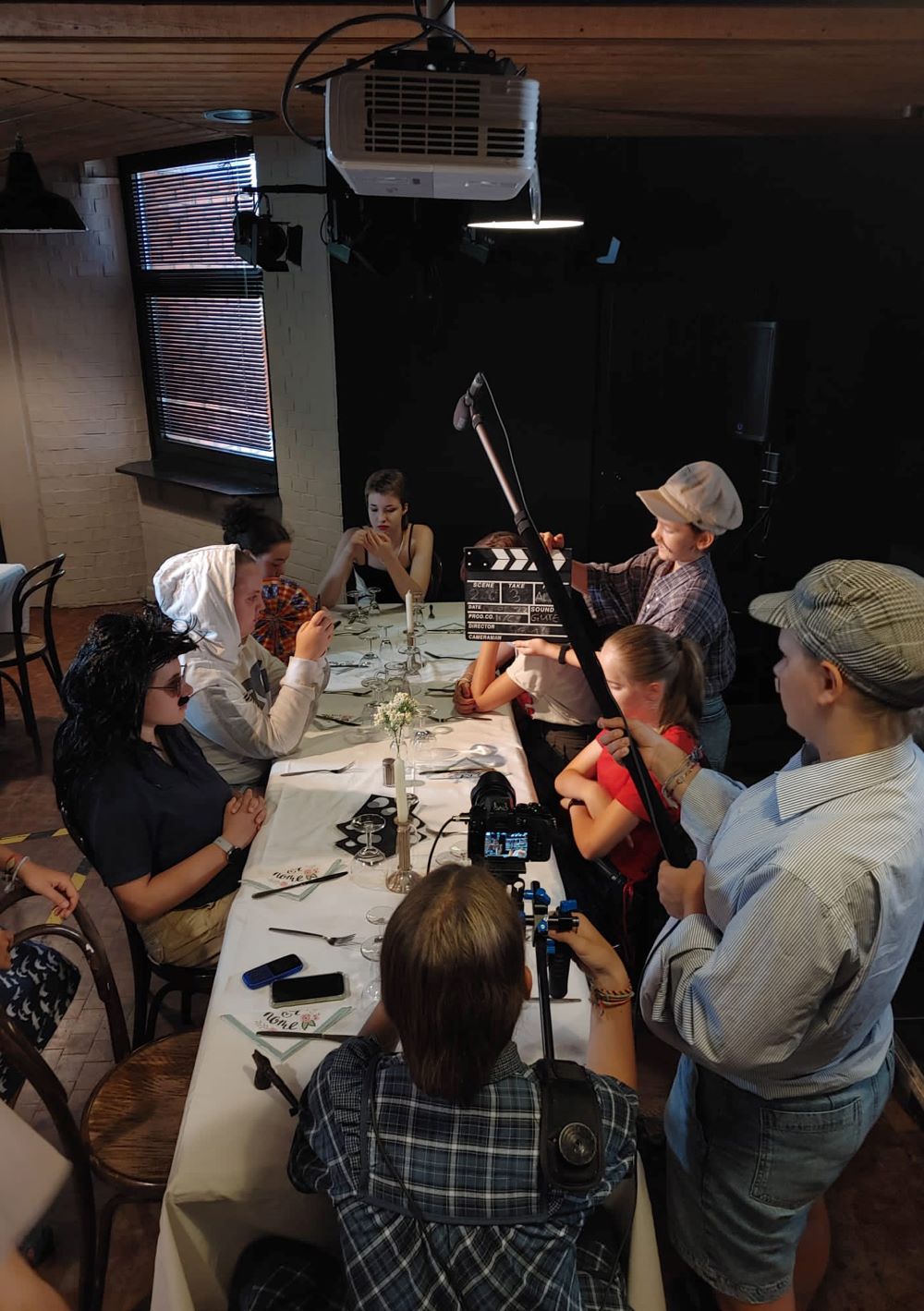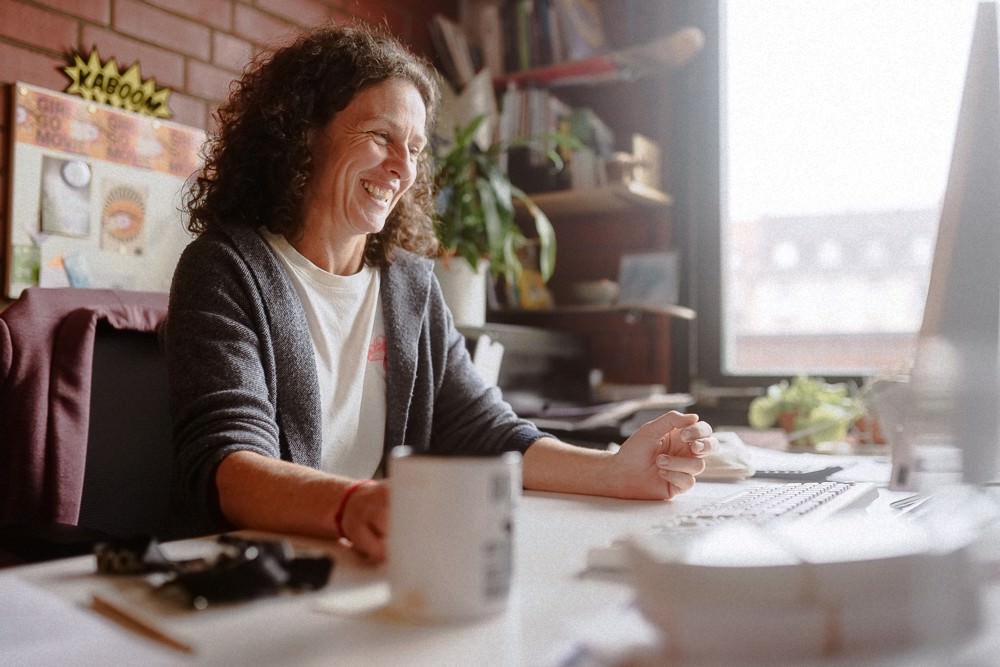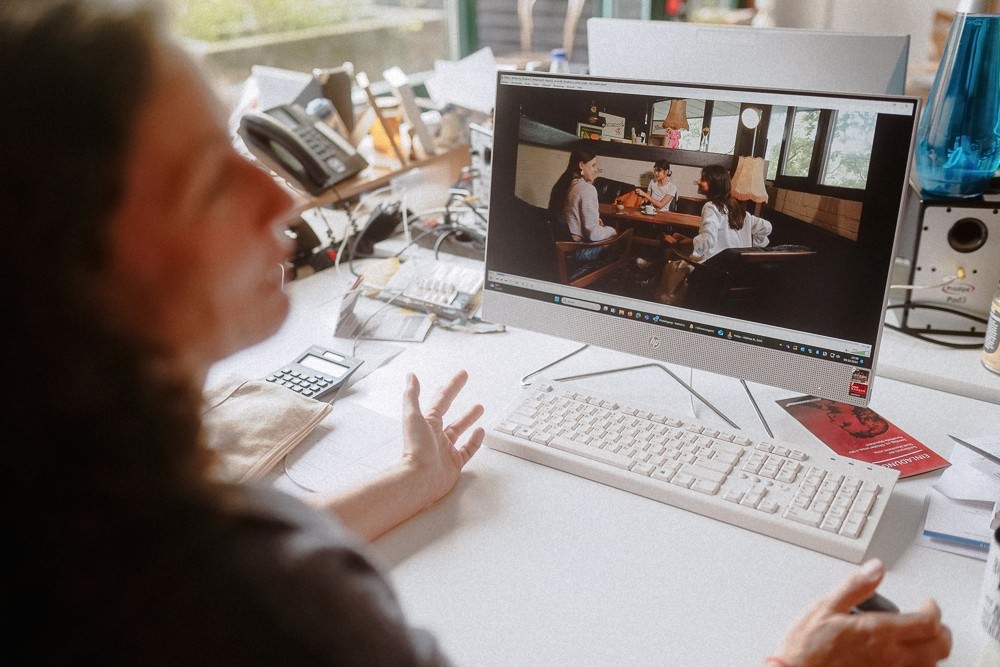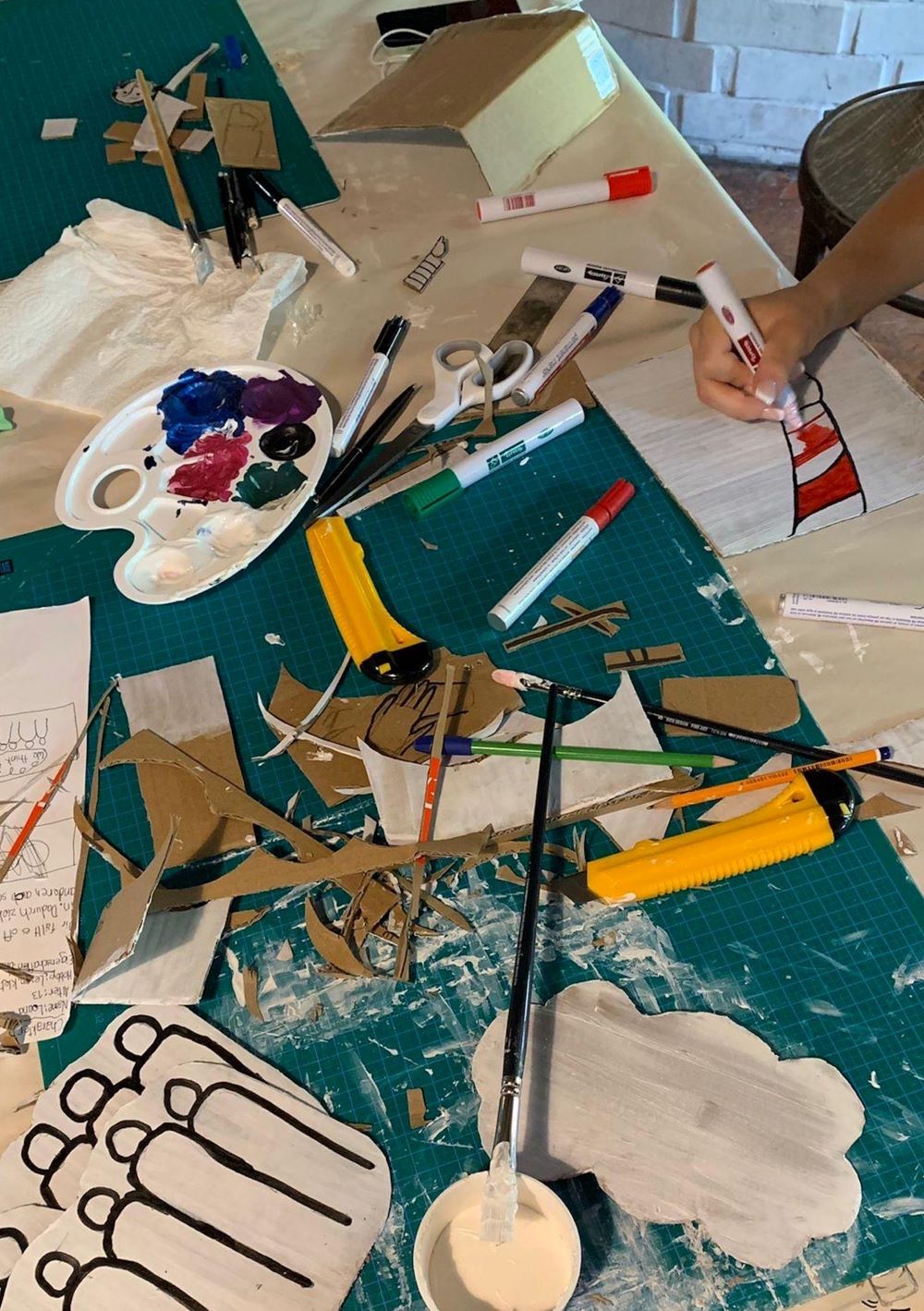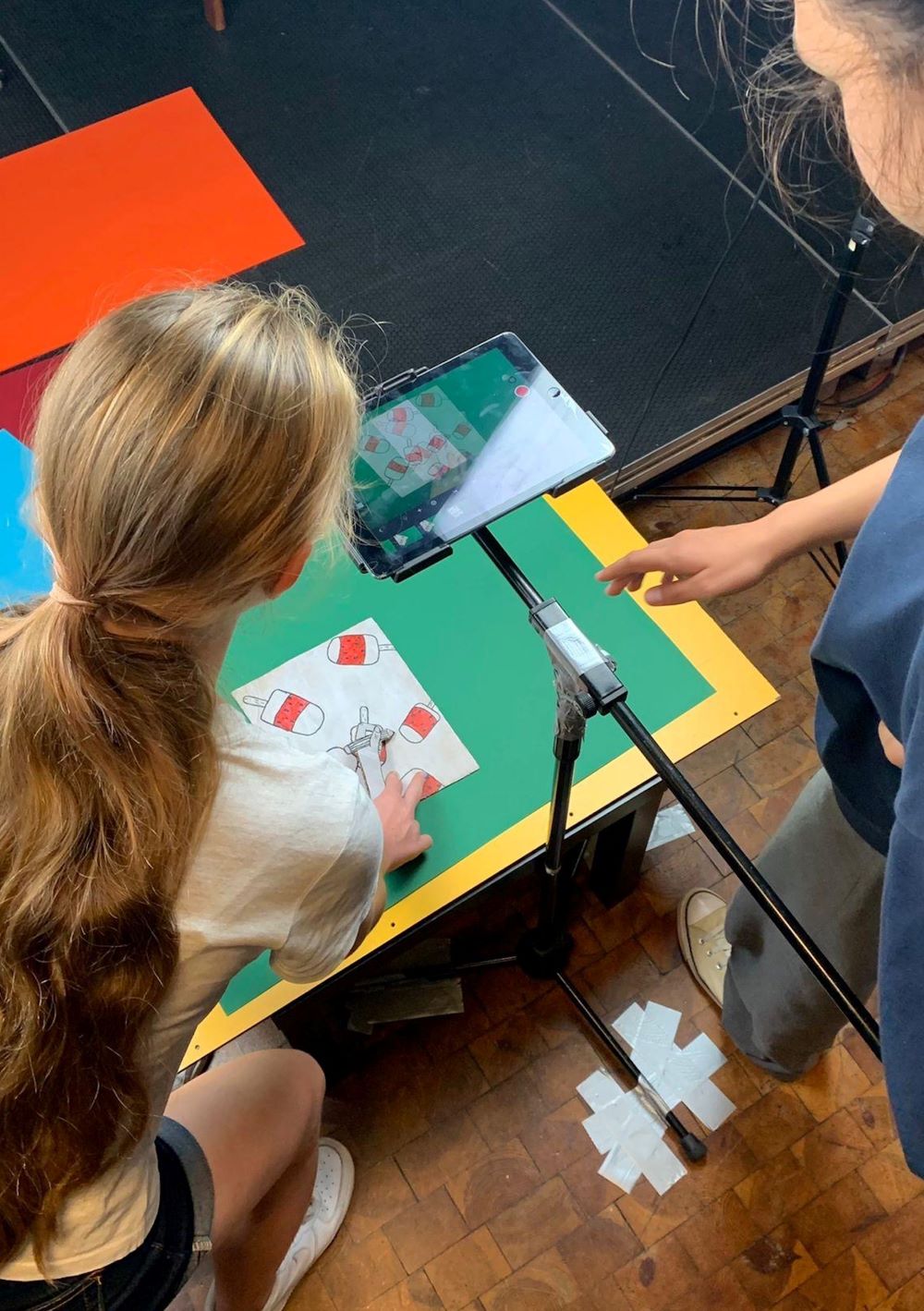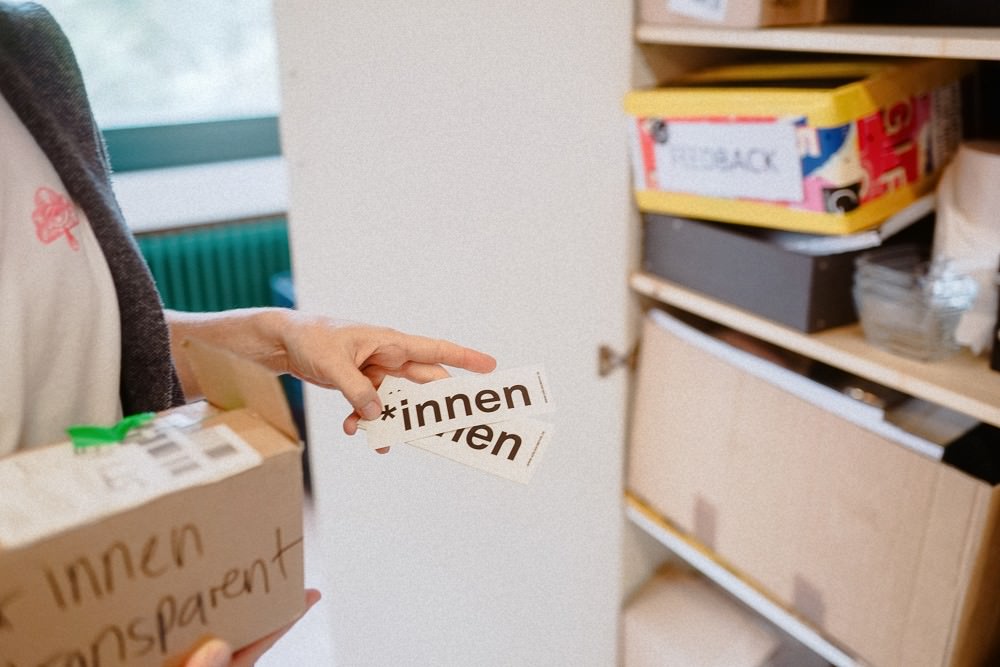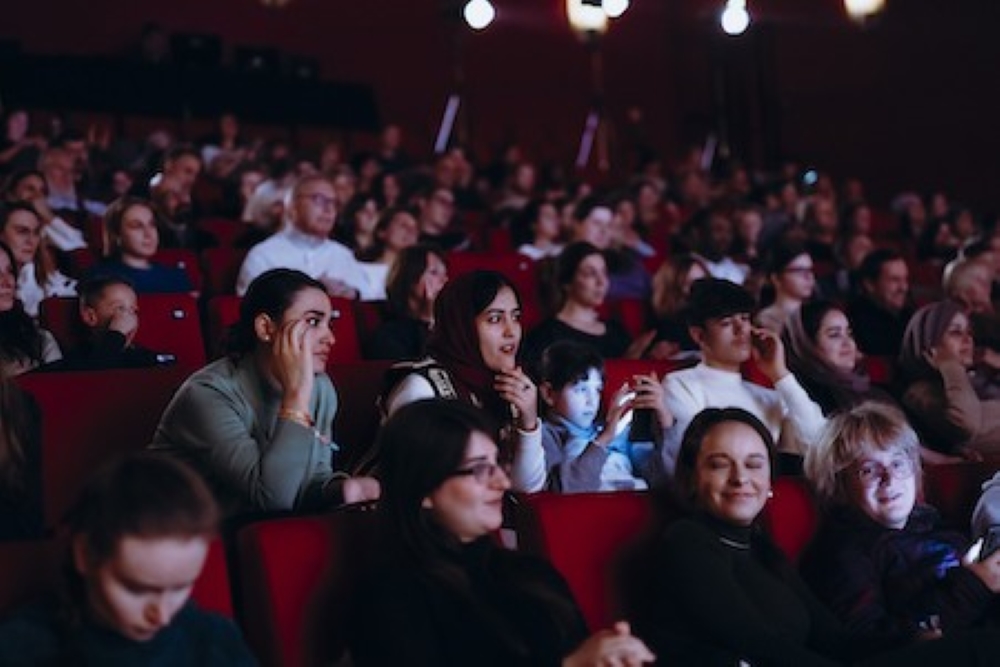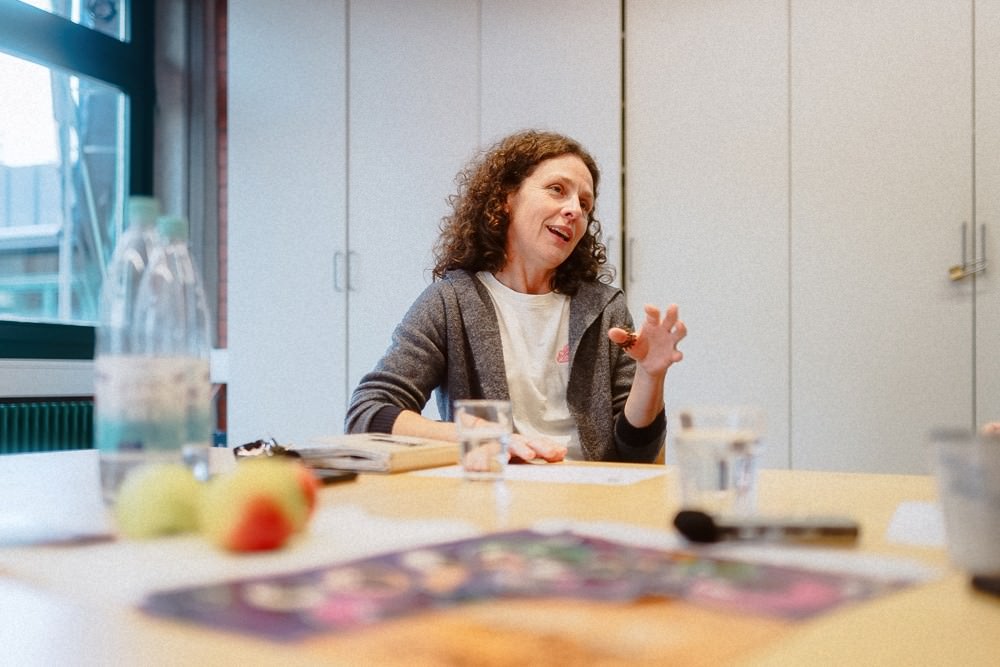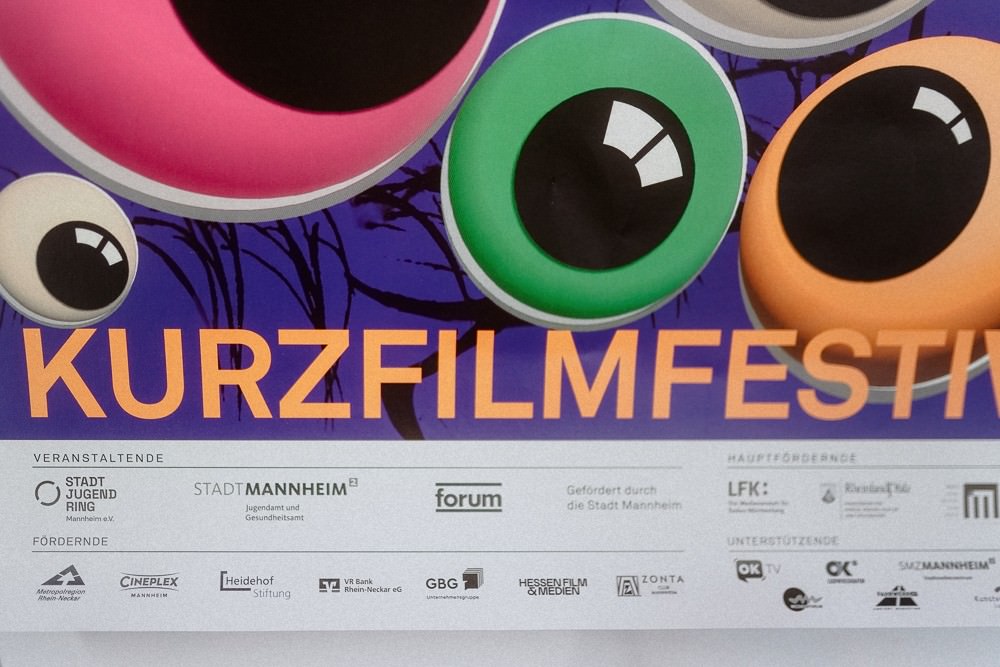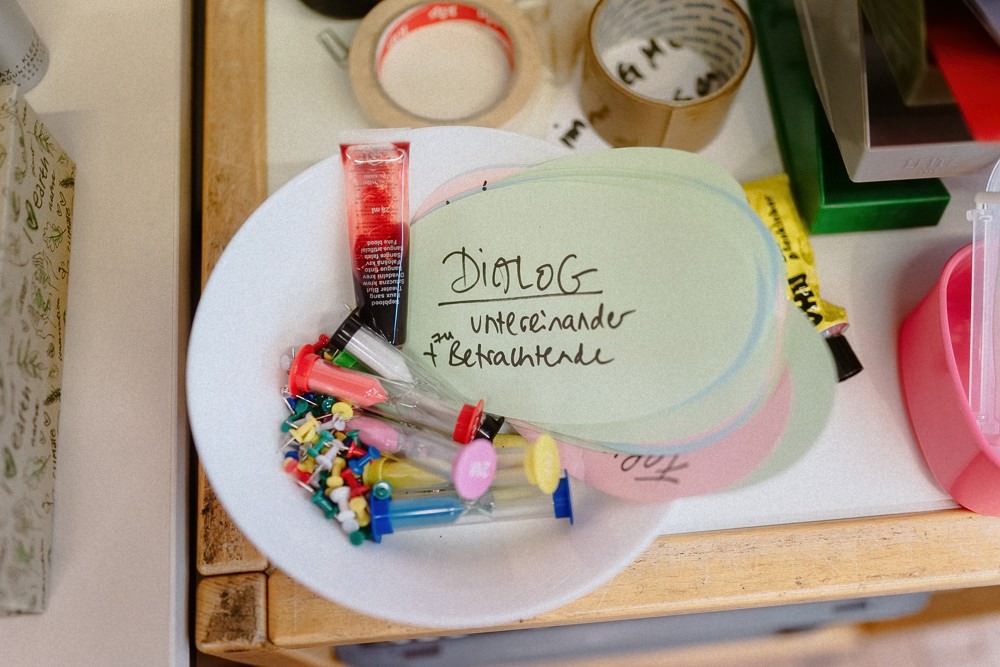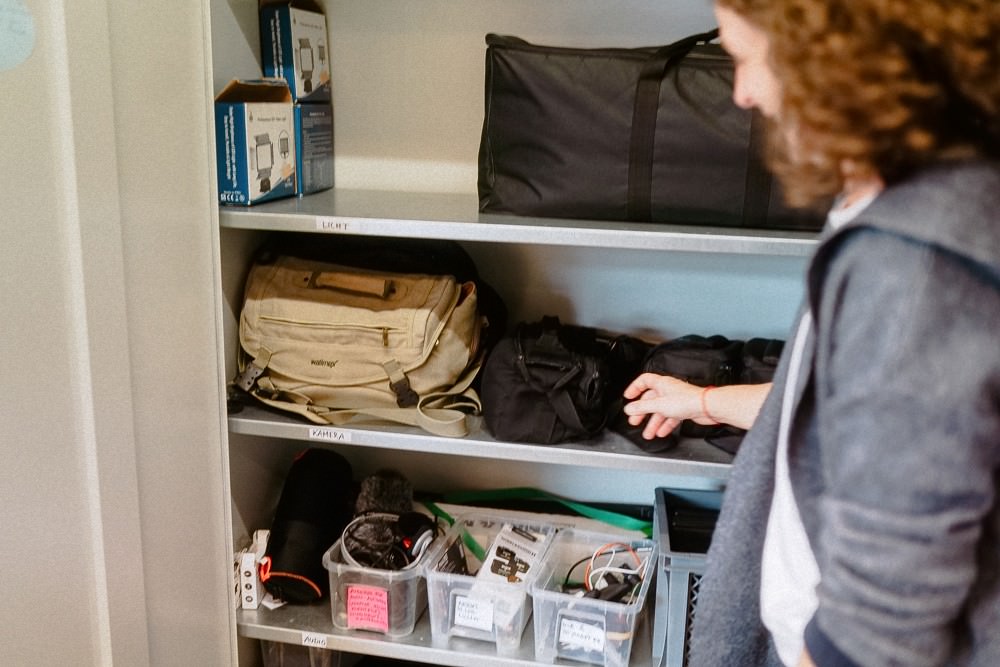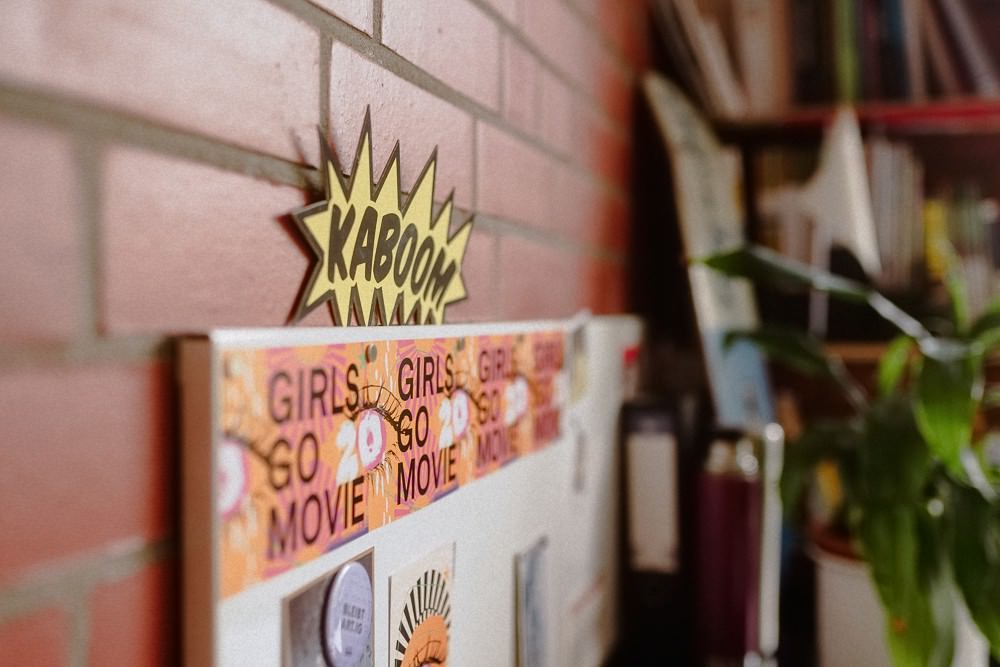The Girls Go Movie short film festival has been bringing girls and young women in front of and behind the camera encouraging them to share their view of the world and themselves. Why hasn’t the aim of the Mannheim festival lost any of its relevance since it first started in 2004? Here comes an interview with project manager Kathrin Lämmle.
The forum cultural centre for young people is buzzing with activity this afternoon. We are in the offices on the ground floor, where employees are clarifying the final details of an upcoming concert evening, while one floor up, the Theaterbande team reviews the German children’s theatre festival. Meanwhile, the studio hosts a ceramics workshop, where children are arriving to work with clay. Experimentation with software and hardware takes place just afterwards in the Club room. The forum is a place that is bursting with creativity. It hosted a Mannheimer Mädchenfilmtage film festival for girls back in 2002. The response was great so that Ruth Hutter, who has been the artistic director all along, decided to turn it into something bigger together with Karin Heinelt, then head of the forum, and Gertrud Rettenmeier from the city’s youth development programme. The result was the creation of the Girls Go Movie short film festival, which was held for the first time in 2004.
Media scientist Kathrin Lämmle took over project management in 2013 and quickly realised that the festival, which brings girls in front of and behind the camera, will make a big difference. Girls Go Movie has since built up a reputation that extends far beyond Mannheim. Over 30 mentors look after hundreds of participating girls and young women ages 12 to 27. The participants create films with professional support from the initial idea and script to filming and editing. A good 60 films are submitted to the festival every year. Films that move, affect and surprise you—and certainly never bore you.
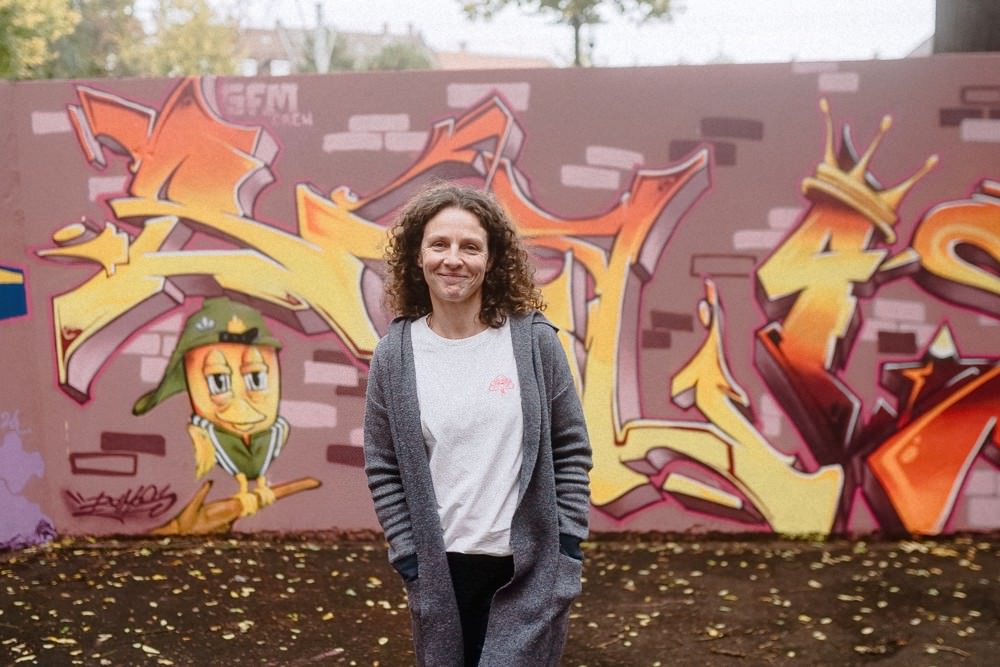
Ms Lämmle, as project manager, you examine around 60 short films for Girls Go Movie every year. Has it become monotonous?
Lämmle: No. I look forward to it every year. The screening week and the festival—this is the best time of the year. Because we feel every single time how great the response to our work is and how much trust the girls have in us..
Trust, why?
Lämmle: The participants deal with very personal issues in their films. These include grievous stories, such as experiences of flight or abuse. There are films in every festival that move me a lot and bring tears to my eyes. They are so pure, so real. It’s a great gift to watch these films.
Do the girls deal mainly with personal experiences there?
Lämmle: Often, but not always. Our festival basically reflects the topics that are being discussed in society. Many films in recent years have dealt with the coronavirus crisis and the war in Ukraine. However, there are topics that have been with us for decades, such as gender roles, coming to terms with one’s own body and self-esteem. The screening week is kind of a seismograph showing us the topics that are urgent for this generation.
Does this help you better understand the young generation?
Lämmle: Absolutely! That’s why I can only advise politicians to visit our festival. They mainly talk about young people—not with them. At Girls Go Movie, they have the chance to listen and talk to them directly.

